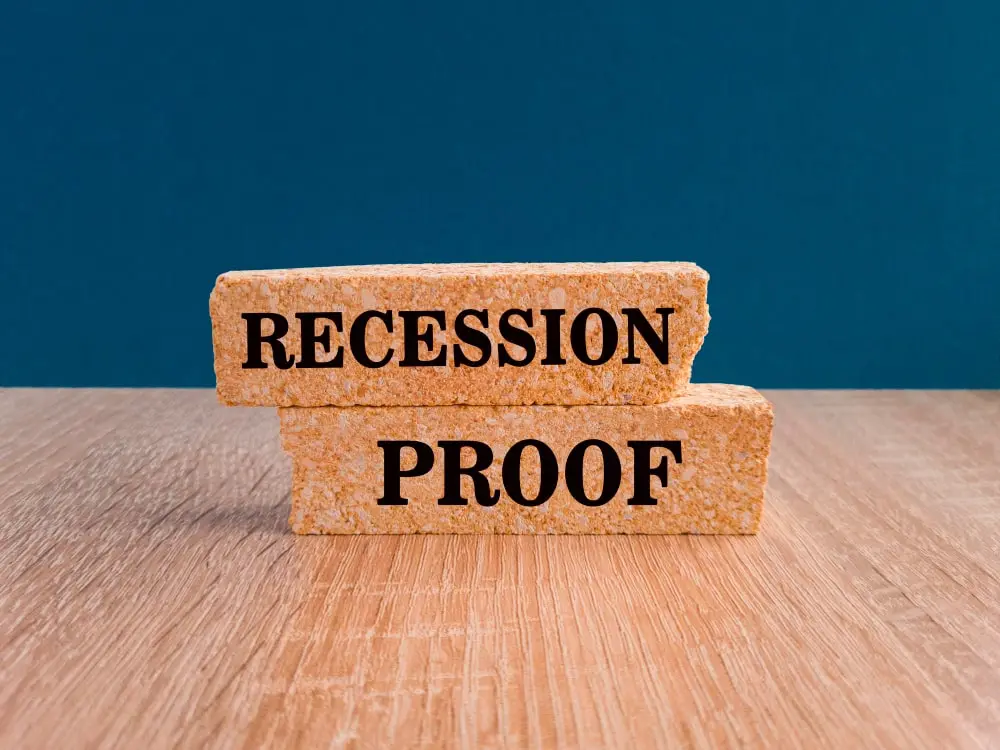Table of Contents
ToggleInvesting in real estate notes is an important aspect of diversifying an investor’s portfolio since it can lead to better returns and provide an assured return in real estate. Real estate notes are essential documents that contain the terms of a loan used to purchase real estate. This investment, also known as mortgage notes investing, is a type of debt investment that is secured by real estate and generates income for investors.
These notes are often established when a borrower obtains a loan to purchase real estate property and agrees to make interest-bearing payments over time. Real estate notes are sold to investors who are responsible for collecting the full repayment amount.
For example, real estate notes could yield a 5.5% annual return. So, for a $10,000 investment, the annual return would be around $550. However, investors typically diversify their portfolios by purchasing or pooling money in numerous real estate notes, making it essential to have a clear understanding of the concept of real estate notes.
Real estate notes
Real estate notes play a pivotal role in the world of financial agreements, being omnipresent in our daily dealings and generating passive cashflow. They essentially represent an agreement forged between a lender and a borrower, delineating the commitment of the borrower to repay a specified amount within predefined terms.
When delving into real estate mortgage note investing, one encounters two primary facets: the promissory side and the lien.
1. Promissory Note: Terms and Specifics
The promissory note serves as the foundation of the investment loan, outlining unique terms for each party involved. It encompasses crucial details such as:
- Loan Details: Total loan amount, origination date, maturity date, and loan term.
- Financial Parameters: Monthly payments, interest rates pre and post-default, and any provisions for balloon payments.
- Contact Information: Borrower and lender addresses.
- Payment Procedures: How payments are processed and applied, late payment provisions, and usury savings clauses.
2. Lien: The Security Instrument
The lien, typically embodied as a mortgage deed, functions separately from the promissory note. It is officially recorded in county land records and acts as a binding link between the note’s terms and the real estate property’s title. Key aspects include:
- Property Tie-Up: The lien attaches the note’s terms to the property through a legally recognized link.
- Deed of Trust: This security instrument symbolizes the trust and approval between the lender and borrower.
- Legal Framework: It safeguards both parties’ interests by providing a legal and financial framework.
Interplay Between Promissory Note and Lien
The promissory note outlines the loan specifics, while the lien serves as the tangible link, securing these terms to the property. Their synergy creates a comprehensive agreement merging the borrower’s commitment and property security, legally safeguarding mutual interests. Thus, understanding the various types of real estate notes is crucial in navigating this interplaying landscape.
Types of Real Estate Notes
As per ATTOM, the leading overseer of the nation’s primary property database, the U.S. home sales report for the end of 2021 reveals that home sellers across the country gained a profit of $94,092, marking a 45.3% return on investment. This signifies a 45% increase from $64,931 in 2020 and a significant 71% rise from $55,000 two years prior. Investing in real estate notes offers various avenues. Those are:
Performing and Non-Performing Notes
- Performing Notes: These notes signify that borrowers consistently meet their payment obligations. Investors benefit from the predictable income generated by these timely payments, mirroring the return they receive.
- Non-Performing Notes: In contrast, these notes involve borrowers significantly behind on repayments (often 90 days or more). While they offer potential for restructuring loans, they carry higher risk despite the prospect of increased returns.
Secured and Unsecured Notes
- Secured Notes: Backed by collateral or assets, secured notes offer reassurance to investors as these assets can be repossessed in case of default. They typically come with lower interest rates due to the reduced risk.
- Unsecured Notes: Lacking collateral, unsecured notes pose a higher risk to lenders. Consequently, they often feature higher interest rates to compensate for this increased risk.
Bank-Originated and Private Party Notes
- Bank-Originated Notes: These notes are prevalent in mortgage note investments, originating from financial institutions. They are more standardized and commonly used in the market.
- Private Party Notes: Originating from individuals or private entities, these notes may offer different terms and conditions compared to bank-originated notes. They provide diverse opportunities but might carry varying levels of risk and return.
Understanding these distinctions is crucial for investors navigating the real estate note market. Each category carries its risk-reward profile, impacting potential returns and the degree of risk an investor assumes. However, these notes come with their own set of benefits as well.
Benefits of Investing in Real Estate Notes
Real estate notes, an alternative investment avenue, present a unique opportunity for investors to engage in the secondary market. Unlike traditional bank or service-based transactions, investors receive payments directly when they invest in these notes. This form of investment holds significant appeal for several reasons:
Passive Income Potential: Investing in real estate notes offers a consistent flow of passive income through regular repayments from the property buyer. This reliable income stream is often a primary motivation for investors seeking stability in their investments.
Versatility and Collateral: These notes possess the same versatility as physical properties. They can be bought and sold, serving as collateral. This flexibility allows investors to leverage their investment or trade it for other assets.
Potential for Lower Risk: Investing in real estate notes grants investors higher rights that are typically held by financial institutions. This includes rights associated with mortgage notes, providing a layer of security as the collateral property passes to the lender in case of default. This mitigates some of the risks associated with the investment.
Reduced hassle Investing and Diversification: Managing physical properties can be demanding. Real estate notes offer an escape from this burden, enabling investors to enjoy a consistent income without the hassle of property management. Moreover, these investments can be diversified globally, offering opportunities to navigate estate tax regulations.
Enhanced Liquidity: Compared to other mortgage note investments, real estate notes tend to be more liquid. This liquidity allows investors to quickly and easily offload their investments when needed, offering greater flexibility and agility in managing their portfolios.
Security Measures: Real estate notes are backed by the promissory note, which contains crucial security information. Additionally, the collateral tied to these notes serves as a safeguard, providing reassurance for investors that their investments are protected.
Conclusion
Investing in real estate notes has become more accessible due to the emerging trend of online platforms. However, it carries inherent risks linked to real estate, such as borrower default, foreclosures, or selling property at a loss. In the US, real estate notes can be easily bought and sold among investors in an open market. This investment avenue allows the diversification of portfolios and reaps the financial benefits of real estate without the complexities of property ownership, making it a compelling investment option to explore.
Invest in real estate notes with ReRx Funds and unlock a world of opportunity. Diversify your portfolio, enjoy the benefits of passive income, and navigate the complexities of the real estate market with ease. Visit Munshi Capital to start your journey towards financial growth with secure, lucrative real estate note investments.





